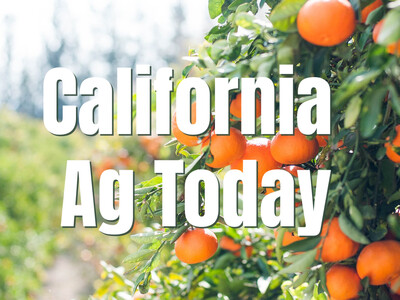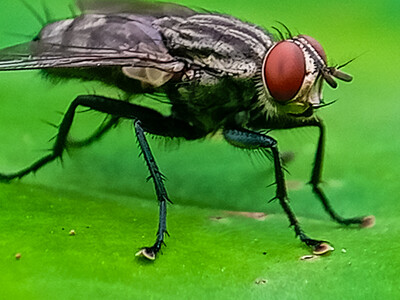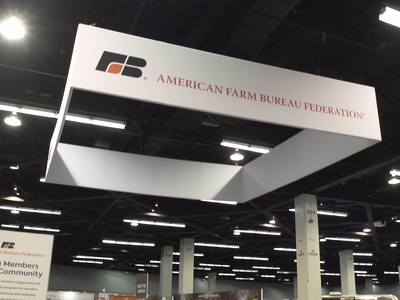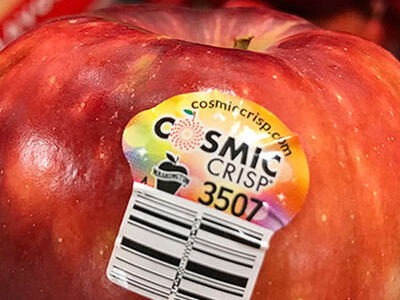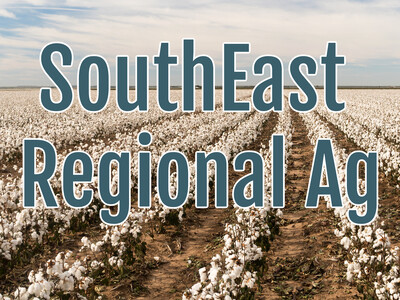Columbia River Treaty Modifications
Columbia River Treaty Modifications. I'm Greg Martin with Washington Ag Today.For the past 50 years the Columbia River Treaty has been serving the Pacific Northwest but after a recent public workshop it was determined that the treaty needs to be modified.
HARFORD: You've got so many different people interested in and really concerned about how this treaty gets modernized that it's a major consideration and it's not going to be simple but I think that's why people don't want to terminate it because to re-do a treaty of this complexity would be even harder
That's Deborah Harford, Executive Director for the Adaptation to Climate Change Team at Simon Fraser University one of the workshops organizers.
HARFORD: People are all coming to the table from the fruit growers and the ranchers to the people who think about fish, to the people who think about recreation, to the municipalities whose drinking water systems are involved in it to those who rely on the river for navigation and the list goes on. So it's not going to be a quick process but it's one I think we're going to be talking about for the next - ongoing actually. Definitely for the next few years people are going to be coming to the table and saying, look, these are our priorities. How are we going to have those met.
It was agreed that any modifications should meet the needs of First Nations, growing population numbers, increasing competition for water, fisheries health and environmental values, as well as negative impacts on Canadian agriculture and the impacts of a changing climate.
And that's Washington Ag Today. I'm Greg Martin, thanks for listening on the Ag Information Network of the West.










